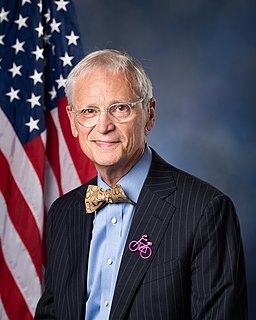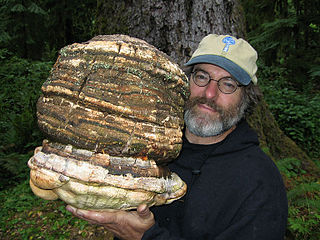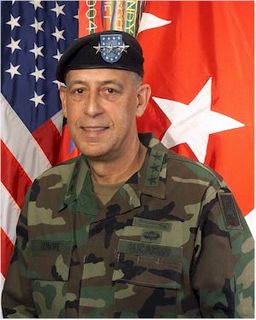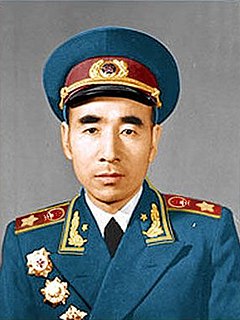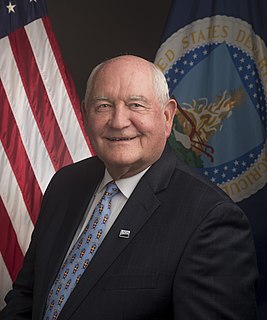A Quote by Earl Blumenauer
Mr. Speaker, from hurricanes and floods in Latin America to earthquakes in Asia, natural disasters are increasingly becoming a regular feature of life for large numbers of people around the globe.
Related Quotes
Mr. Trump's and Mr. Osteen's brands are rooted in success, not Scripture. Believers in prosperity like winners. Hurricanes and catastrophic floods do not provide the winning narratives crucial to keep adherents chained to prosperity gospel thinking. That is why it is easy for both men to issue platitudes devoid of empathy during natural disasters.
Public infrastructure around the world is facing unprecedented stress, with hurricanes, cyclones, floods and forest fires all increasing in frequency and intensity. It's easy to imagine a future in which growing numbers of cities have their frail and long-neglected infrastructures knocked out by disasters and then are left to rot, their core services never repaired or rehabilitated.
The past year's natural disasters have highlighted the invaluable contributions of volunteers in our communities. They have volunteered their time, energy and skills to save lives and to rebuild communities. In this they joined countless people around the world who volunteer every day in response to 'silent crises'. These often unsung heroes understand all too well that poverty, disease and famine are just as deadly and destructive as earthquakes, hurricanes and tsunamis.
It seems to me that large numbers of people are now paying attention to poverty and that large numbers now understand that blaming the poor and the insecure for being poor and insecure is as unseemly as is schoolyard bullying. In that realization lies hope for a reinvigorated discourse around poverty and inequity in modern-day America.
